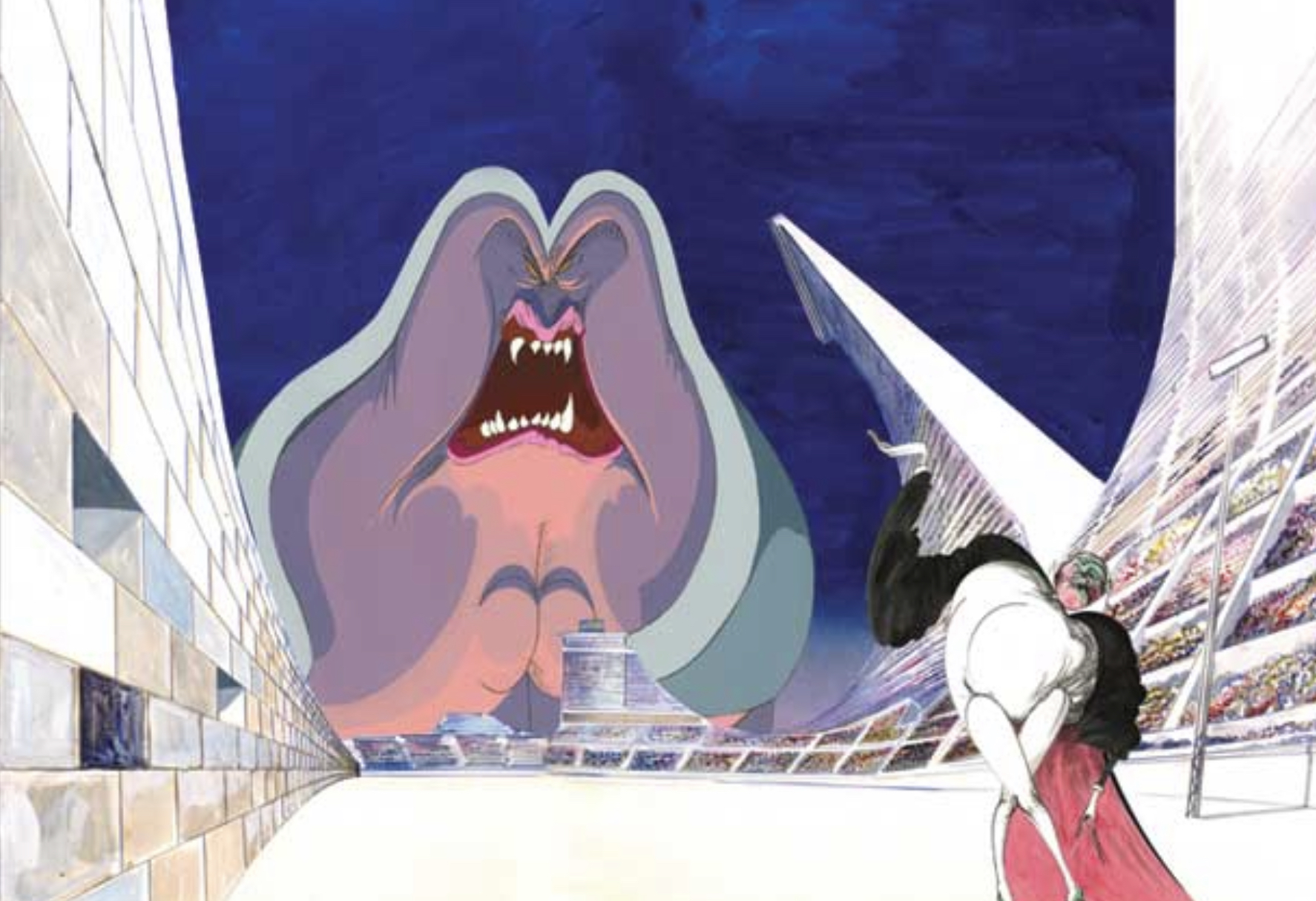Our experience is forced upon us. It’s what we do with it, our reaction, that makes even the bad, the ugly, into bittersweet good. * The ultimate judge is us, our soul.
By Rabbi Boruch Merkur

Once there were judges and advisors, real leaders. We pray three times a day for authentic leadership to return.[1]
Now, in 5781, the year of wrath (af), on account of the vacuum in leadership, uncertainty and fear prevail. Yet now of all times we are about to witness the most dramatic transformation of this terror into overt miracles (plaos er’enu).
30 years ago, the Rebbe proclaimed the resurgence of prophecy. The main prophecy (an outright communication from Hashem to His people[2]), and the message most relevant to us, is the imminence of geula. The world of Moshiach, the Rebbe insists, eternal peace and the end of suffering, a time of clarity and purpose, is unfolding now before our eyes.
We are charged with spreading this awareness.[3] But in such dark times, when leaders offer little advice or direction, when fear, mistrust, and self-doubt are rampant, who can swallow this radical news? How can we possibly succeed in driving home such a counterintuitive, optimistic message?
The Rebbe answers:
This kind of reluctance may have been justified were all aspects of redemption new innovations in the world. But the redemption is not entirely novel or foreign. In fact, every aspect of redemption has begun and become manifest in the world. Its impact is felt even in the material realm, the lowest possible dimension. It will, therefore, not be seen as a wonder or anomaly when the redemption immediately unfolds.[4]
Now every Jew is empowered for personal success and redemption. Being real and authentic is within our grasp, enabling us to engage and transform both mind and character, bringing perfection even to the “gateways” of the body, the senses.
*
Senses indiscriminately observe. They experience whatever they encounter – the good, the bad, and the ugly. When the Torah says, “You shall place judges, etc., in all your gates,” it refers (also) to approaching the doors of perception with healthy, appropriate responses:
The gateways of the body (the eyes, ears, nose, and mouth) serve as an interface between the person and his or her environment … All parts of the body and all one’s faculties should be guided by the “judges” of the soul, the mind of the Nefesh Elokis … This spiritual authority is established through “your advisors.”[5]
The role of judges is to guide our responses and reactions to our experiences. The arbitrary, volatile, and dangerous world is thus precisely where transformation takes place:
Each of the senses spans from right to left, encompassing both “do good” and “reject evil.” The two eyes, two ears, and two nostrils represent this spectrum. Even the mouth, which is singular, experiences sensations that range from sweet to bitter.[6]
The directives of the “judge” (in particular, the mind of the Divine soul) determine our response to what we encounter, governing appropriate reactions and expressing how a person should conduct him or herself in all matters of life.
Before blessing his firstborn, Yitzchok Avinu asked specifically for “Mat’amim, culinary delights,” in the plural, ranging from sweet to bitter (superficially).[7] The deep truth is that we are meant to experience even bitterness as sweetness.[8] In fact, it is a higher form of sweetness than what was sweet from the start (like the unique quality of concealed good compared to overt good).
All details and minutiae of a Jew’s life are meant to be influenced and guided by the instructions of the “judge” and “advisor” – the person’s soul.[9]
This personal, spiritual authority is the spirit meant to govern each person and each household, expanding from there to the entire world. In this way, the world - “’olam’ m’lashon helem v’hester,” which has always served to conceal Hashem - becomes the ultimate channel for
The Master of the World, Yechido Shel Olam, in the positive sense, the dimension of “yashes choshech sisro – He made darkness His concealment.”[10] This transformation is experienced “within us” through “I shall bring forth for you a prophet, etc., someone such as you,” the leader of the generation, who is “everything,” “the tzaddik is the foundation of the world.”[11]
This is especially the case forty years+ since 5710 (the passing of the Rebbe Rayatz), when the Jewish people have been granted “a heart to know, eyes to see, and ears to hear.”[12]
*
NOTES:
[1] “Hashiva shofteinu k’va’rishona v’yo’atzeinu k’va’t’chila, etc.”
[2] Seifer HaSichos 5751, pg. 792
[3] Seifer HaSichos 5751, pg. 792
[4] Seifer HaSichos 5751, pg. 793
[5] Seifer HaSichos 5751, pg. 784-785. See Ibid pg. 782 where “advisors” is defined.
[6] See Rambam’s Hilchos Deios, Ch. 4
[7] As explained in Tanya Ch. 27
[8] which is part of the judge’s role as guide.
[9] Seifer HaSichos 5751, pg. 794
[10] T’hillim 18:12
[11] Seifer HaSichos 5751, pg. 794
[12] Ibid FN 133